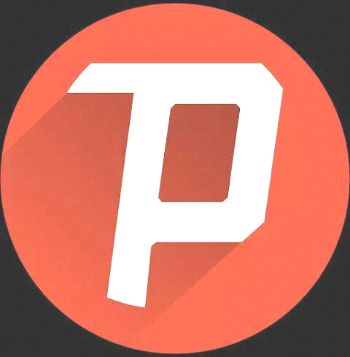
In 2011, Psiphon 1.X was officially retired and is no longer actively supported by Psiphon, Inc., or the Citizen Lab. In 2009, Psiphon was recognized with The Economist Best New Media Award by Index on Censorship. In 2008, Psiphon was awarded the Netexplorateur award by the French Senate. The original code (1.6) was made available under the GNU General Public License. was established as a Canadian corporation independent of the Citizen Lab and the University of Toronto. What we're trying to build is a network of trust among people who know each other, rather than a large tech network that people can just tap into." Psiphon 1.0 was launched by the Citizen Lab on 1 December 2006 as open-source software. According to Nart Villeneuve, "The idea is to get (users) to install this on their computer, and then deliver the location of that circumventor, to people in filtered countries by the means they know to be the most secure. The original concept for Psiphon envisioned an easy-to-use and lightweight Internet proxy, designed to be installed and operated by individual computer users, who would then host private connections for friends and family in countries where the Internet is censored. How Psiphon circumvents blocks or censors

Psiphon 1.X is no longer supported by Psiphon, Inc.

Psiphon is specifically designed to support users in countries considered to be "enemies of the Internet".

Psiphon is a centrally managed and geographically diverse network of thousands of proxy servers, using a performance-oriented, single- and multi-hop routing architecture. Psiphon is a free and open-source Internet censorship circumvention tool that uses a combination of secure communication and obfuscation technologies, such as a VPN, SSH, and a Web proxy.


 0 kommentar(er)
0 kommentar(er)
